Life
Sign up for our newsletter
We summarize the week's scientific breakthroughs every Thursday.
-
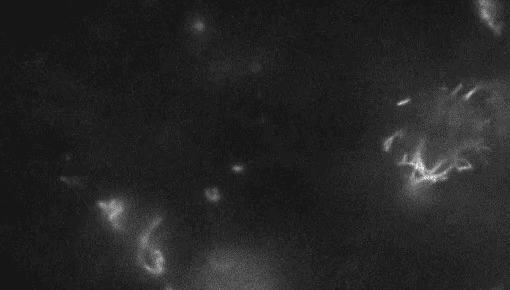 Plants
PlantsWatch live plant cells build their cell walls
Imaging wall-less plant cells every six minutes for 24 hours revealed how the cells build their protective barriers.
-
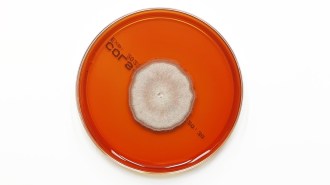 Health & Medicine
Health & MedicineA new antifungal drug works in a surprising way
Mandimycin, which targets a different essential fungi cell resource than other antifungal drugs, should harm other cell types as collateral — but doesn’t.
-
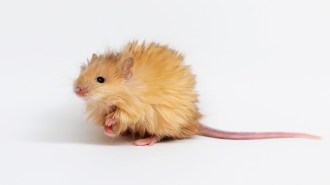 Genetics
Genetics‘Woolly mice’ were just a start. De-extinction still faces many hurdles
Scientists created transgenic mice with woolly mammoth–like traits. But does it really bring us closer to bringing back woolly mammoths?
By Jason Bittel -
 Microbes
MicrobesElite athletes’ poop may hold clues to boosting metabolism
In a small study, mice given fecal transplants from elite cyclists and soccer players had higher levels of glycogen, a key energy source.
By Alex Viveros -
 Genetics
GeneticsWhat 23andMe’s bankruptcy means for your genetic data
As 23andMe prepares to be sold, Science News spoke with two experts about what’s at stake and whether consumers should delete their genetic data.
-
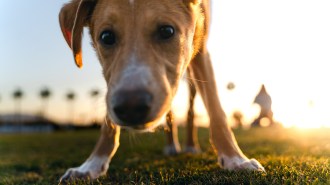 Animals
AnimalsYou might be reading your dog’s moods wrong
A dog's physical cues often take a back seat to environmental ones, skewing humans' perceptions, a small study suggests.
-
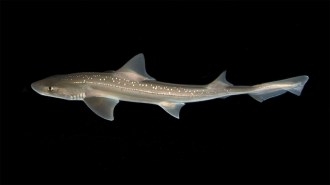 Animals
AnimalsIs that shark ticking? In a first, a shark is recorded making noise
The ocean can be a symphony of fish grunts, hums and growls. Now add tooth-clacking sharks to the score.
By Susan Milius -
 Plants
PlantsA nearly century-old dead date palm tree helped solve an ancestry mystery
The iconic Cape Verde date palm came from commercial trees gone feral and could provide genetic variety to boost the resilience of its tamer relatives.
By Susan Milius -
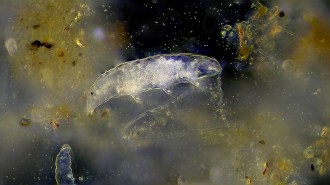 Animals
AnimalsA tardigrade protein helped reduce radiation damage in mice
Mouse cells tweaked to produce the tardigrade protein incurred less DNA damage than unaltered cells — hinting at a new tool for cancer patient care.
-
 Health & Medicine
Health & MedicineTuberculosis could be eradicated. So why isn’t it?
John Green’s new book, Everything Is Tuberculosis, reveals how social injustice sustains the disease, despite available cures and vaccines.
-
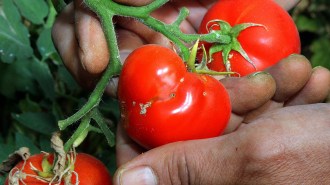 Agriculture
AgricultureHow silicon turns tomato plants into mean, green, pest-killing machines
Treated plants fight pests without the need for toxic pesticides, oozing a "larval toffee" that stunts tomato pinworms’ growth and attracts predators.
-
 Health & Medicine
Health & MedicineA deep brain stimulation volunteer discusses life after depression
In this bonus episode of The Deep End, you’ll hear an update from Jon Nelson, who is living what he calls his "bonus life."